In May 2022, after Shanghai lifted its lockdown, foreign nationals began moving out of the city. (Video screenshot)
[People News] With China's economy in decline, foreign capital fleeing, real estate firms collapsing, and unemployment surging—compounded by Trump imposing a 20% tariff twice in just over two months on Chinese exports to the U.S.—China's economy is under severe strain, posing a threat to the regime. In response, the CCP has been taking various countermeasures.
On the same day as the Myanmar earthquake, Xi Jinping, who had been absent from public view for over a week since returning to Beijing from Yunnan and Guizhou, suddenly appeared at a meeting with "international business representatives." At the event, he made a direct appeal to over 40 executives from foreign corporations, including FedEx CEO Raj Subramaniam, Mercedes-Benz Chairman Ola Källenius, Sanofi CEO Paul Hudson, HSBC CEO Noel Quinn, Hitachi Chairman Toshiaki Higashihara, SK Hynix President Kwak Noh-Jung, and Aramco President Amin Nasser. Xi urged them to invest in China, saying, "Walking with China (the CCP) means walking with opportunity. Believing in China (the CCP) means believing in the future." In essence, he was attempting to entice them to invest while also portraying himself as a defender of multilateralism, trying to unite foreign business leaders against Trump’s tariff measures.
However, experts believe this strategy is unlikely to be very effective. Foreign businesses have suffered too many losses dealing with the CCP, and even the Chinese people know that trusting the CCP leads to disaster. A prime example is Honduras, whose shrimp exports to China have plummeted by 67%. According to The Wall Street Journal, Stephen Roach, a senior fellow at Yale Law School who attended the China Development Forum, remarked, "The level of uncertainty is extremely high, whether regarding Trump's next moves or the CCP’s countermeasures." He added, "Right now, everyone is waiting and watching." Essentially, the business world is just observing the CCP’s performance without making any commitments.
The CCP likely anticipated that foreign investment interest would be limited. On March 31, The South China Morning Post, citing diplomatic sources, reported that Xi Jinping is likely to visit Malaysia, Vietnam, and Cambodia in mid-April. These three countries currently count China as their largest trading partner. If the trip proceeds, it will be Xi’s first international visit this year, with plans to stay in Malaysia for three days. According to Xie Tian, a professor at the Aiken School of Business at the University of South Carolina, the CCP hopes to expand its market in Southeast Asia to compensate for declining trade with the U.S. while also rallying regional allies against Washington.
To put it bluntly, the CCP is seeking to expand trade and attract investment in Southeast Asia. Xi's visit comes at a time when Southeast Asian countries are anxious about the Trump administration's foreign policy. Trump is expected to announce his reciprocal tariff measures on April 2, creating an opening for the CCP to exploit. Xi has now essentially transformed into the CCP’s investment promotion director, personally overseeing efforts to attract foreign capital.
Xie Tian commented, "The CCP leader hopes that after Trump’s tariffs take effect, China can open new markets in other countries, particularly in Southeast Asia and Africa, to offset the impact of declining trade with the U.S. and Europe and to push back against the United States."
Canadian commentator Gu Chunqiu noted, "Trump’s overall strategy is shifting towards the Indo-Pacific, strengthening military ties and cooperation with the Philippines, Japan, and Taiwan. Xi Jinping is searching for a way out. His visits to Cambodia, Vietnam, and Malaysia are primarily driven by economic concerns, as many foreign investors and manufacturers that were previously in China are now relocating to these countries. It is expected that China’s exports to these three nations will increase significantly, and the CCP wants to strengthen partnerships with them. Right now, Beijing is trying to leverage Trump’s global tariff pressure to fuel global opposition to his administration."
According to statistics from the Chinese Communist Party (CCP), the trade volume between China and Malaysia reached 212.04 billion USD in 2024, reflecting an 11.4% year-on-year increase and setting a new historical record. China has been Malaysia's largest trading partner for over a decade, and in recent years, it has also emerged as a major source of investment for the country.
As reported by the Vietnam News Agency, data from Chinese customs indicates that in 2024, the bilateral trade volume between China and Vietnam surpassed 260 billion USD, with China maintaining its position as Vietnam's largest trading partner for more than 20 years. Furthermore, data from the General Department of Vietnam Customs shows that in 2024, the trade volume between Vietnam and China accounted for nearly one-third of Vietnam's total trade.
The Cambodia-China Times, citing a report from the General Department of Customs, stated that in 2024, the trade volume between Cambodia and China reached 15.1 billion USD, marking a year-on-year increase of 23.8%. Cambodia's exports to China totaled 1.75 billion USD, an 18% increase compared to the previous year, while imports from China amounted to 13.43 billion USD, reflecting a 24.6% year-on-year rise. China's trade surplus with Cambodia stood at 11.68 billion USD.
Xie Tian noted that this clearly demonstrates that a substantial amount of products from China are flowing to these Southeast Asian countries, which then export them to the United States, circumventing U.S. tariffs.
Foreign media reports suggest that the Chinese Communist Party (CCP) is trying to strengthen its relationships with neighboring countries while positioning itself as a leading partner. However, Southeast Asian nations are aware that the assistance and sponsorship from the CCP come with strings attached. For instance, under the Belt and Road Initiative, if a country fails to repay its loans, it may have to mortgage its land and ports or even sell them to the CCP. Such debt could effectively turn these nations into colonies of the CCP.
During a regular press conference on the 31st, spokesperson Guo Jiakun responded to media inquiries regarding Xi Jinping's outreach to representatives of the international business community. He surprisingly claimed that the CCP's economy is on the mend, asserting that China (the CCP) has been lowering the thresholds for 'imports', aligning with 'high' standards, and enhancing the level of 'promotion'. This public flattery of foreign enterprises, even at the cost of honesty, reflects a desperate situation. When asked by a Reuters reporter whether it could be confirmed that the Chinese (CCP) leader would visit three Southeast Asian countries in mid-April, Guo Jiakun replied, 'I currently have no information to provide.' However, feedback from Chinese communities in these three Southeast Asian countries indicates that local embassy staff or CCP agents have started monitoring the Chinese population, particularly targeting Falun Gong practitioners with tracking and harassment, including taking photos at their residences. Additionally, there has been a noticeable decline in mainland tourist groups and visitors to these countries, likely due to the upcoming visit of the party leader.

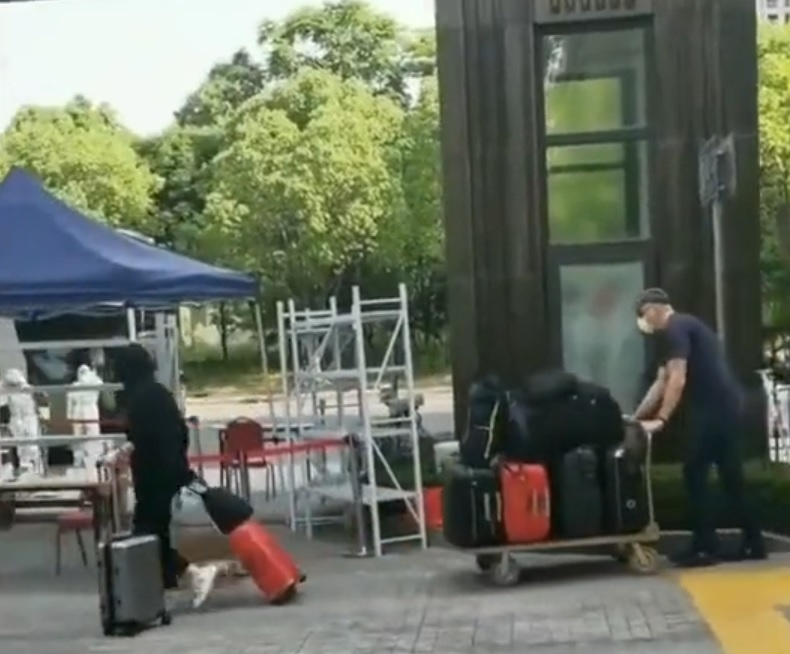
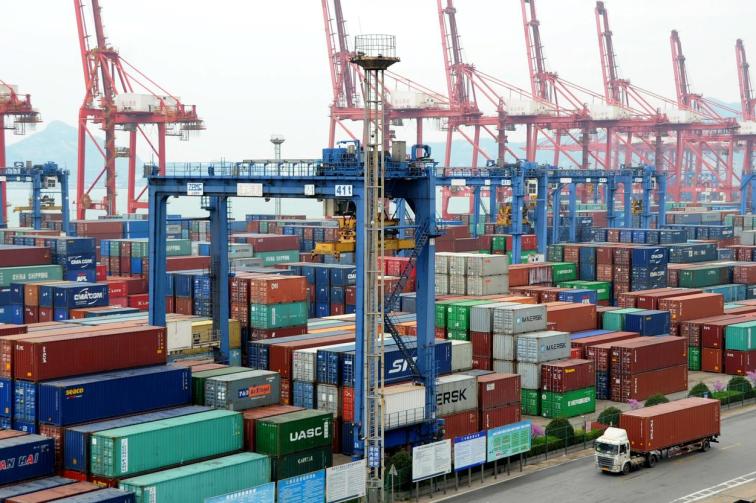
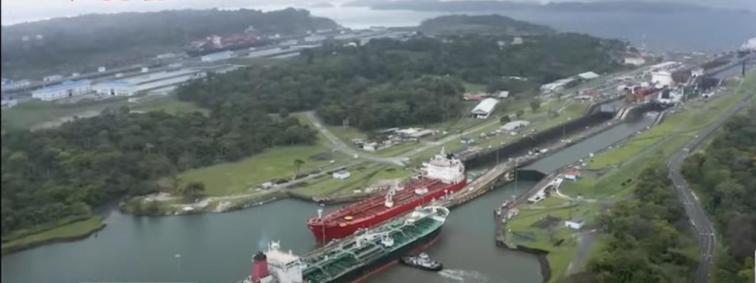
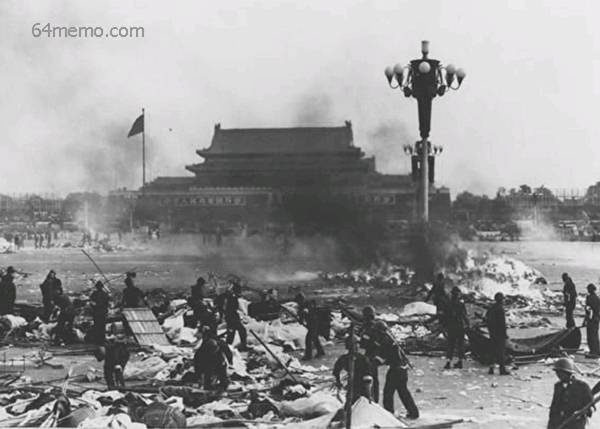

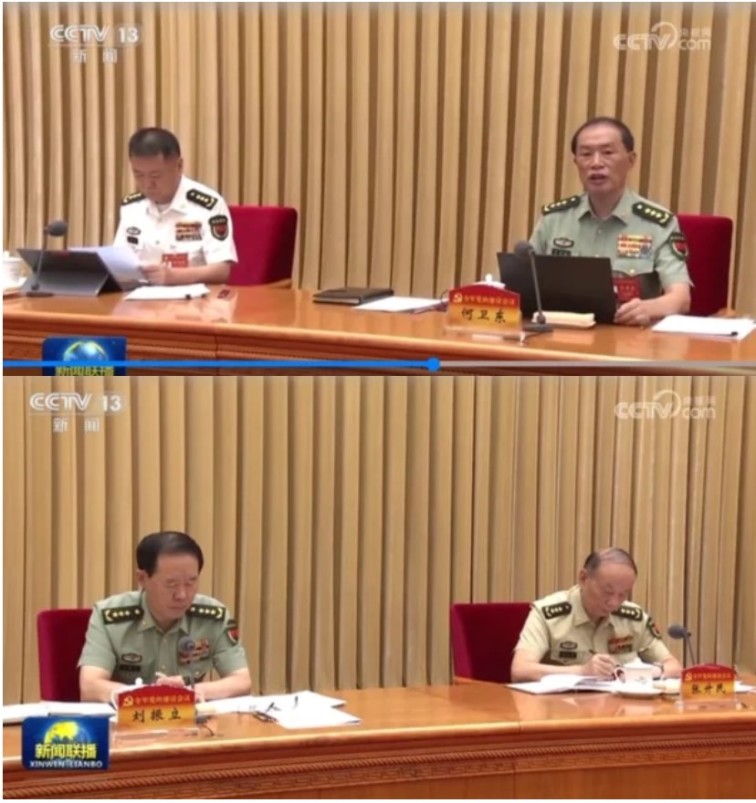
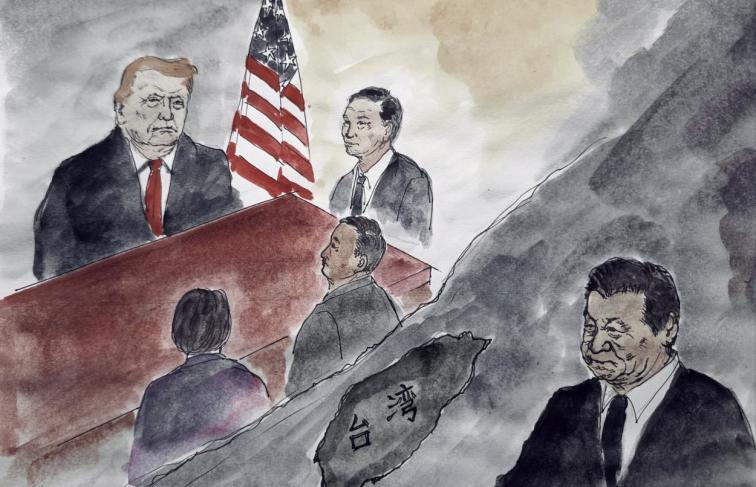

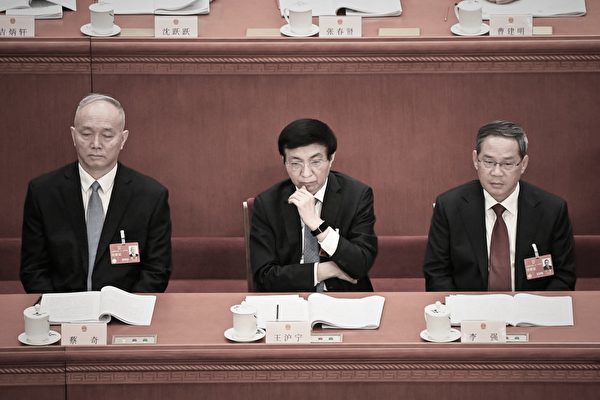

News magazine bootstrap themes!
I like this themes, fast loading and look profesional
Thank you Carlos!
You're welcome!
Please support me with give positive rating!
Yes Sure!